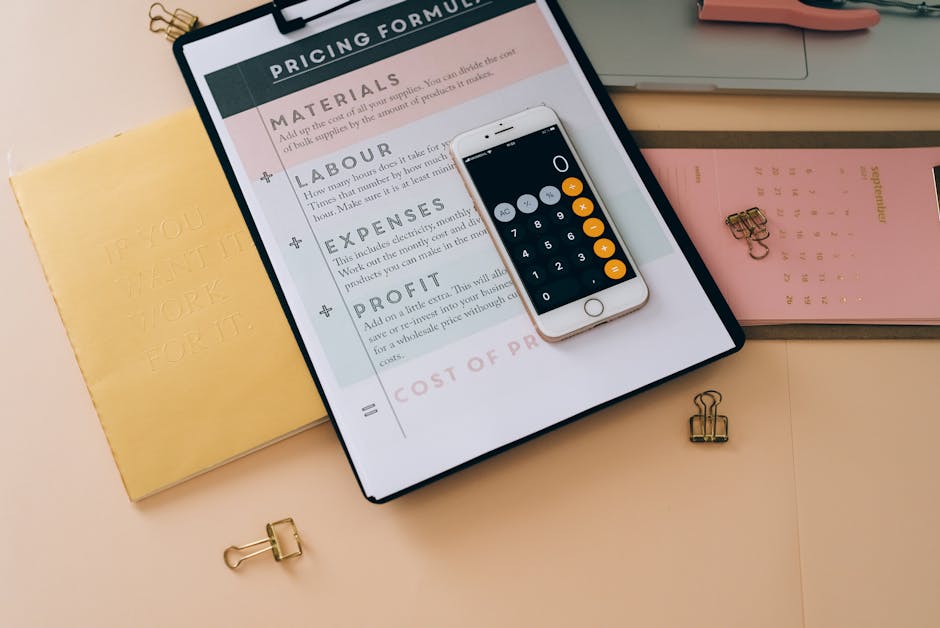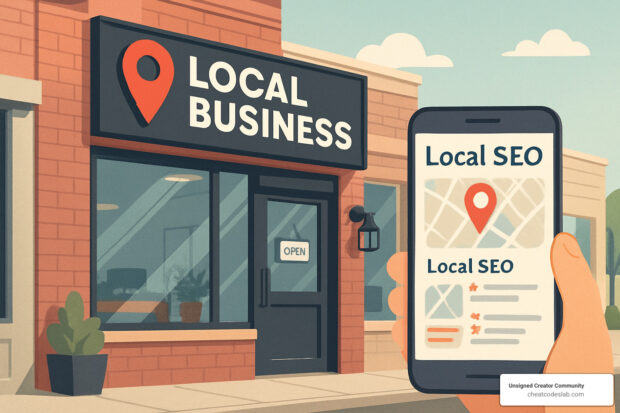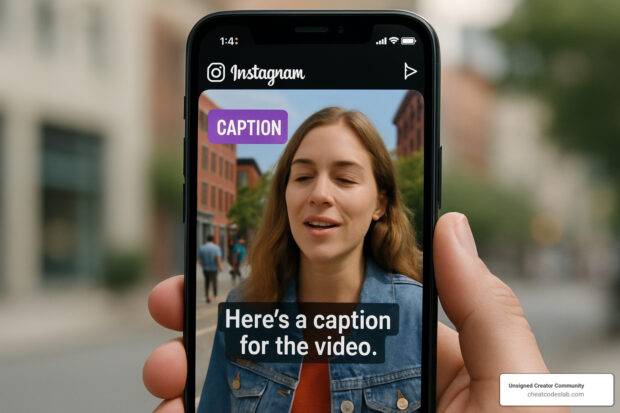
Personal branding examples are more than just buzzwords in today’s digital age; they’re essential for anyone looking to stand out in a crowded marketplace. Whether you’re a content creator, entrepreneur, or aspiring influencer, learning from established personal branding examples can provide a roadmap to success.
- Importance: Personal branding helps articulate your unique story and sets you apart from others. It builds credibility, fosters connections, and improves visibility.
- Benefits: A strong personal brand offers numerous benefits, such as increased opportunities, control over your narrative, and boosted confidence.
- Strategy: Effective personal branding requires a strategic approach that includes crafting a compelling brand identity, aligning with your target audience, and consistently communicating your value proposition.
Personal branding develops both your professional edge and personal fulfillment. As noted, “The world will ask who you are, and if you do not know, the world will tell you.”
As digitaljeff, I have guided numerous individuals in understanding and implementing effective personal branding examples in their careers. From crafting their unique identity to scaling their online presence, I’ve been at the forefront, helping content creators achieve their goals seamlessly.

Personal branding examples word list:
– Personal Branding
– self branding strategy
– personal brand awareness
Key Elements of a Strong Personal Brand
Creating a strong personal brand involves understanding and implementing several key elements. These elements ensure that your brand is not only memorable but also relatable and trustworthy. Let’s explore these crucial components:
The 5 A’s of Personal Branding
-
Authenticity: Being true to yourself is the cornerstone of a strong personal brand. Authenticity builds trust and helps your audience connect with you. Share personal stories and experiences to show who you really are.
-
Authority: Establish yourself as an expert in your niche. Demonstrating authority involves showcasing your skills, sharing testimonials, and providing valuable insights. This helps build trust and credibility with your audience.
-
Aspiration: Inspire your audience by sharing your goals and achievements. Show them what is possible and encourage them to envision similar success in their own lives.
-
Affinity: Create a sense of connection with your audience. This involves understanding their needs and interests and showing empathy. When your audience feels understood, they are more likely to engage with your content.
-
Appearance: Your appearance reflects your brand. This includes your visual style, such as your logo, website design, and social media profiles. A consistent and appealing appearance helps you stand out and be easily recognized.
The 4 C’s of Personal Branding
-
Clarity: Be clear about who you are and what you offer. A clear message helps your audience understand your brand quickly. Use simple language and concise statements to convey your message.
-
Consistency: Regularly share content and engage with your audience. Consistency helps build trust and keeps your brand at the forefront of your audience’s mind. Post regularly on social media and maintain a consistent tone and style.
-
Content: Create valuable and engaging content that resonates with your audience. Whether it’s blog posts, videos, or podcasts, your content should educate, entertain, or inspire your audience.
-
Communication: Effective communication is key to building a strong personal brand. This involves not only sharing your message but also listening to your audience. Engage with them through comments, messages, and feedback to build a strong community.

By focusing on these elements, you can build a personal brand that is authentic, authoritative, and engaging. This sets the stage for the next section, where we’ll explore top personal branding examples to learn from.
Top Personal Branding Examples
Tori Dunlap: Financial Planning Expert
Tori Dunlap has carved a niche as a financial planning expert, especially for millennials and women. Her brand is built on empowering individuals to achieve financial independence. Tori’s journey, which includes career transitions and financial literacy advocacy, resonates with her audience. Through her engaging content on social media, Tori offers practical advice on budgeting, saving, and investing. Her personal brand is a guide for those navigating financial challenges, demonstrating how authenticity and expertise can create a strong connection with an audience.
Tony Robbins: Life and Business Strategist
Tony Robbins is a household name in life and business strategy. Known for his high-energy seminars, bestselling books, and impactful coaching programs, Tony has built a brand synonymous with motivation and personal growth. His public speaking engagements are legendary, drawing audiences from around the world. Tony’s personal brand thrives on his ability to inspire and transform lives, making him a leading figure in self-help and personal development.
Alice Thorpe: Freelance Graphic Designer
Alice Thorpe is a freelance graphic designer who has successfully leveraged platforms like YouTube and Instagram to build her personal brand. With over 122,000 subscribers on YouTube, Alice shares her expertise in design through tutorials, digital downloads, and online courses. Her brand is characterized by a casual and colorful aesthetic, reflecting her authentic and approachable personality. Alice’s ability to connect with her audience and provide valuable content makes her a standout example of personal branding in the creative industry.
Gary Vaynerchuk: Entrepreneur and Author
Gary Vaynerchuk, also known as Gary Vee, is a dynamic entrepreneur and author who has mastered the art of personal branding through authenticity and social media. As the co-founder of VaynerMedia, Gary’s brand is built on his no-nonsense approach to business and life. His story of changing a family liquor store into an ecommerce empire is a testament to his entrepreneurial spirit. Gary’s presence on platforms like YouTube and Instagram showcases his ability to engage and inspire a diverse audience, making him a leading figure in digital marketing and entrepreneurship.
Melyssa Griffin: Course Creator and Blogger
Melyssa Griffin is a course creator and blogger dedicated to helping entrepreneurs grow their businesses online. Her personal brand is built on providing valuable insights and resources to her audience. Melyssa’s courses have attracted over 20,000 students, and her expertise has been featured in major publications like Business Insider and Forbes. Her brand combines a passion for entrepreneurship with a commitment to helping others succeed, making her a trusted source of knowledge and inspiration for aspiring business owners.
These personal branding examples illustrate the power of authenticity, expertise, and strategic communication in building a memorable and impactful personal brand. Each of these individuals has leveraged their unique strengths and platforms to connect with their audience and achieve success in their respective fields.
Building Your Own Personal Brand
Crafting a Personal Brand Statement
Creating a personal brand statement is like crafting a catchy tagline for your life and work. It’s your chance to tell people who you are, what you do, and why it matters—all in just a few words. Think of it as your personal elevator pitch.
What Makes a Great Personal Brand Statement?
-
Unique Selling Proposition (USP): This is what makes you stand out. Are you a graphic designer who specializes in eco-friendly designs? Or maybe a tech guru who simplifies complex concepts for everyday users? Your USP should highlight what you do best.
-
Target Audience: Know who you’re speaking to. Is it young professionals looking for career advice or businesses seeking marketing expertise? Tailor your message to resonate with them.
-
Catchphrase or Tagline: Keep it short and memorable. For example, “Turning Ideas into Impact” or “Designs That Speak.” This should encapsulate your brand’s essence.
-
Skills and Expertise: Don’t just list your skills. Instead, connect them to the value they bring. For instance, “Leveraging digital marketing skills to drive brand growth.”
Tips for Personal Branding on Social Media
Social media platforms like Instagram, YouTube, and TikTok are powerful tools for personal branding. They offer a stage to showcase your expertise and connect with your audience.
Building Your Brand on Social Media:
-
Choose Your Niche: Specializing can help you stand out. Whether it’s sustainable fashion, financial advice, or tech reviews, being known for one thing can make you memorable.
-
Consistency is Key: Post regularly to stay top-of-mind. Consistency in your content style and messaging helps reinforce your brand identity.
-
Engage with Your Audience: Don’t just post—interact. Reply to comments, ask questions, and join discussions. This builds a community around your brand.
-
Use Visuals Wisely: On platforms like Instagram, appearance matters. Use colors, fonts, and images that align with your brand’s aesthetic.
-
Leverage Platform Features: Use Instagram Stories, YouTube Shorts, or TikTok trends to reach a wider audience. These features can boost visibility and engagement.
By focusing on these elements, you can craft a personal brand that not only tells your story but also connects with others in meaningful ways. Next, we’ll explore how to define and communicate your unique selling proposition effectively.
Conclusion
Personal Branding: A Key to Success
In today’s competitive world, building a strong personal brand is more important than ever. It’s not just about showcasing your skills; it’s about telling your story and connecting with your audience. A well-crafted personal brand can open doors to new opportunities, improve your credibility, and help you stand out in your industry.
Why Personal Branding Matters
Personal branding is your unique fingerprint in the professional world. It highlights your values, expertise, and the unique qualities that make you, you. As we’ve seen with successful individuals like Tori Dunlap and Gary Vaynerchuk, a strong personal brand can lead to career growth and personal fulfillment. Their stories show that authenticity and consistency are key ingredients in personal branding success.
Leverage the Unsigned Creator Community
At Unsigned Creator Community, we understand the challenges of building a personal brand. Our resources are designed to help you craft a brand that resonates with your audience and achieves your goals. Whether you’re a freelancer, entrepreneur, or content creator, our tools and insights will guide you on your branding journey.
Explore our Personal Branding resources to get started.
Final Thoughts
Personal branding is not a one-time task—it’s an ongoing process. As you grow, so will your brand. Keep refining your message, stay true to your values, and continue to engage with your audience. Your personal brand is a powerful tool that, when used effectively, can lead to lasting success and impact.













